On this Fifth Day of Christmas, let us reflect on certain passages of our Gospel account. Firstly, we notice that Saint Matthew wishes, in our Gospel account, to speak of Mary. He makes clear what a difference there was between her child-bearing and that of the rest of the genealogy of Jesus. The rest brought forth by the customary joining of male and female; Jesus, however, seeing that He was Son of God, was to be born into the world by a virgin. It was entirely fitting that when God wished to become a human being, for the sake of human beings, He be born of none other than a Virgin. When it happens that the Virgin bears a child, she bears no other son than one who is God.
Also Saint Matthew tells us that her husband, Joseph, being a just man and unwilling to put her to shame, resolved to divorce her quietly. Joseph saw that his betrothed had conceived, though he knew well that she had not been touched by any man. Since he was just and wished to do everything justly, he chose what seemed to be the best course, that he would neither divulge this to others, nor receive her himself as his wife, but privately changing the proposal of marriage, he would allow her to remain in the position of betrothed woman, as she was. Now he had read in Isaiah that a virgin of the house of David would conceive and give birth to this Lord, and he also knew that Mary took her origin from this house, and so he did not disbelieve that this prophecy had been fulfilled in her. But if he had sent her away privately and not received her as his wife, and if she as a betrothed woman were to give birth, there would surely have been few people to call her virgin rather than a harlot. Therefore Joseph all at once changed his intention for a better one, so that to preserve Mary’s reputation he would receive her as his wife, celebrating the marriage feast, but he would keep her perpetually chaste. For it seems that the Lord preferred to have some ignorant of the manner of His birth than have them attack His mother’s reputation.
We notice as well that Saint Matthew incorporates the example of a prophetic utterance with reference to the virgin birth, in order that a miracle of such majesty might be the more certainly believed if not only he himself proclaimed this fact, but if he also recalled that it was predicted by the prophet. Behold, the virgin, the prophet says, shall conceive and bear a son, and they shall call His Name Emmanuel; and Saint Matthew adds, which means, God with us. The Saviour’s Name, because of which He is called God with us by the prophet, signifies both natures of His one Person. For He Who, born before time from the Father, is God Himself in the fullness of time, because Emmanuel, that is God with us, in His mother’s womb, because He deigned to take the weakness of our nature into the unity of His Person when the Word because flesh and dwelt among us. In a wonderful manner He began to be what we are, while not ceasing to be what He had been, assuming our nature in such a way that He Himself would not lose what He had been.
Lastly, let us reflect upon the fact that Joseph, as Saint Matthew records, called His Name Jesus. Jesus, a Hebrew word, means “saving” or “saviour” in Latin. Thus itt is clear that the prophets most certainly call upon His Name. Hence these words are sung in great desire for a vision of Him: “My soul shall be joyful in the Lord; it shall rejoice in His salvation” (Ps 35.9); “My soul hath longed for thy salvation” (Ps 119.81). And especially that verse: “Save me, O God, for thy Name's sake!” (Ps 54.1) as if the Prophet Isaiah would say: “You Who are called Saviour, make bright the glory of Your Name in me by saving.”
Jesus is the name of the Son Who was born of a Virgin, and, as the Angel explained, this Name signified that He would save His people from their sins. He who saves from sins is doubtlessly the same one Who will save from the corruption of mind and body which happen as a result of sins. “Christ” is a term of priestly and royal dignity, for from “chrism”, that is, an anointing with holy oil, in the law priests and kings were called “christs,” and they signified Him Who appeared in the world as true King and High Priest, and was anointed with the oil of gladness above those who shared with Him. From this anointing, that is, the chrism, He Himself is called “Christ,” and those who share this anointing, that is, spiritual grace, are called “Christians.” In that He is Saviour may He deign to reconcile us to God the Father. In that He is King may He deign to give us the eternal kingdom of His Father, which is the Holy Spirit: this one and the same Jesus Christ our Lord, our Saviour, our King, our Head, our daily bread, this Holy Child, Who with the Father and the Holy Spirit lives and reigns as God, world without end. Amen.
(Adapted from Gospel Homily I.v by the Venerable Saint Bede)



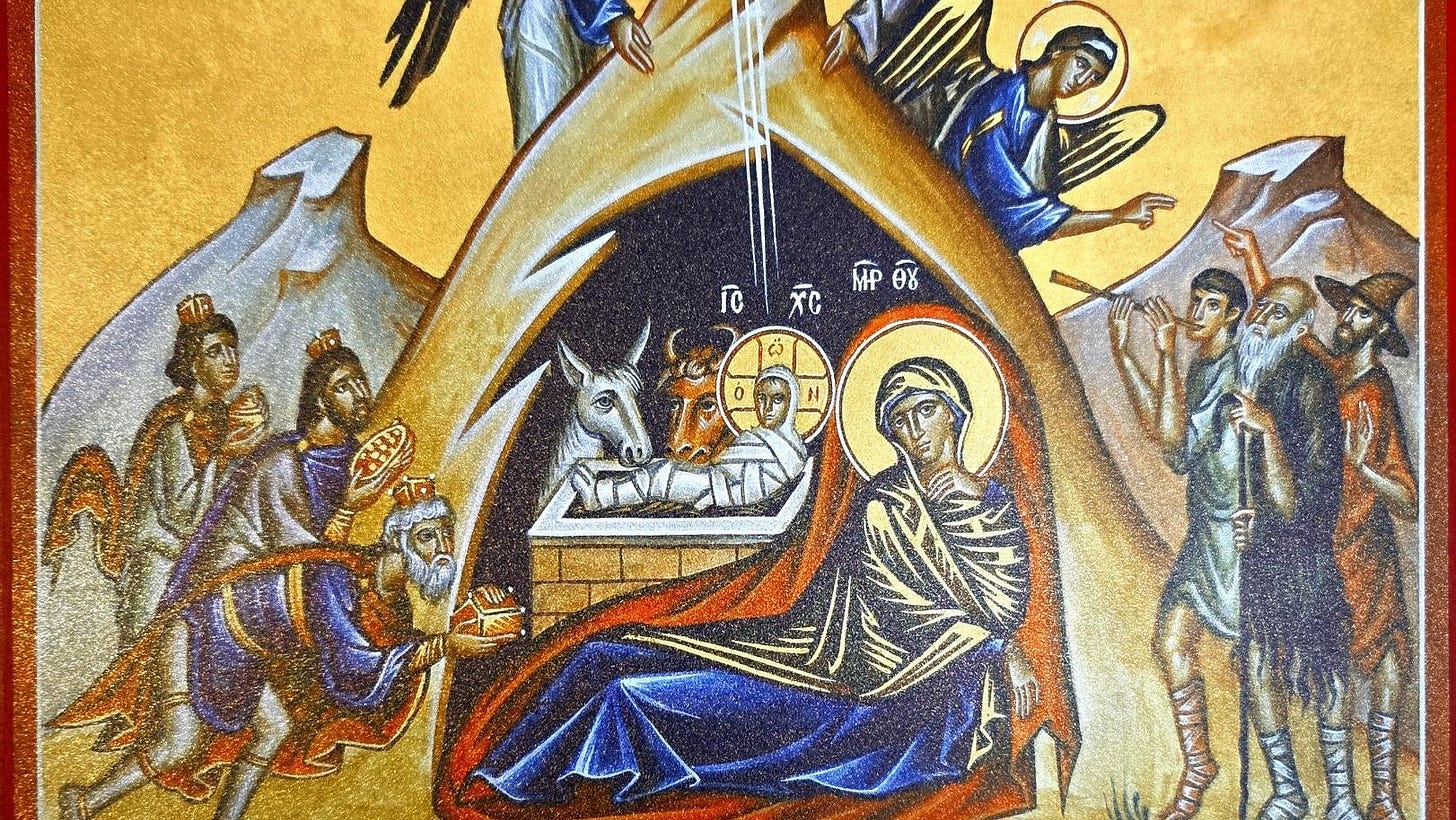


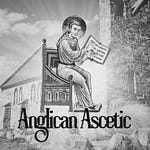
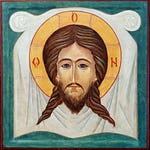
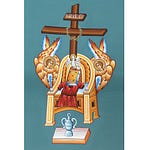

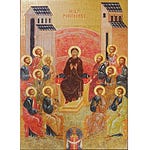
Share this post